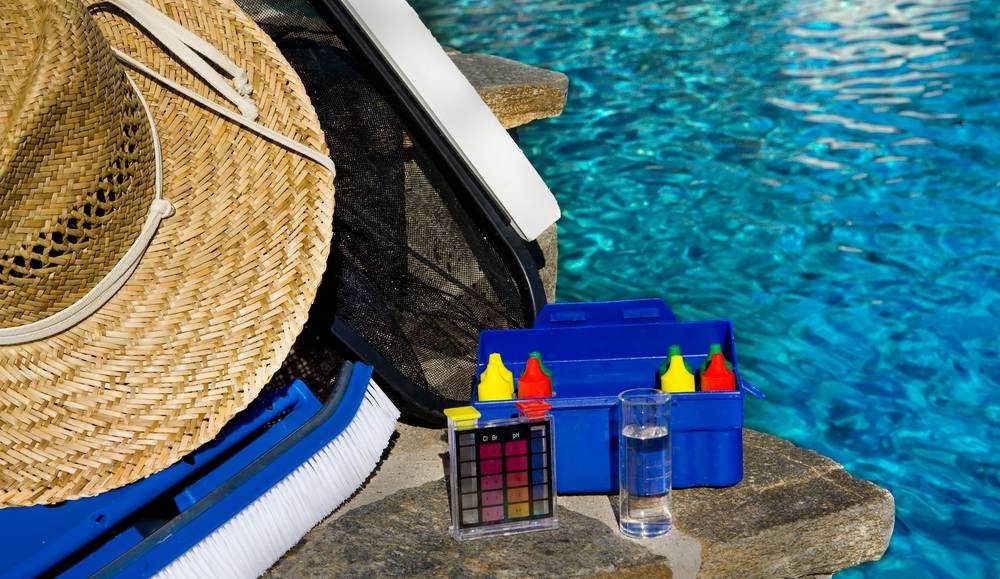SO before this all descends into another argument about "phosphates are bad" versus "phosphates can be ignored" (which will never be a settled issue), lets just go back to the OP's numbers -
Phosphates - 1143ppb
Let's just start off by saying that that specific number screams pool store testing. We all know that pools stores rarely, if ever, get their testing correct and a number with that kind of precision, especially in light of the analytical chemistry that underlies the phosphate test, is completely bogus. Even the best photometer testing should only give phosphate readings to the nearest 100ppb precision, eg, 1000, 1100, 1200, etc. Anything more precise than that is just not possible with a standard phosphate test. Also, 1000ppb IS NOT considered high or treatable except by pool stores. There was a time when pool stores would tell customers that you should treat phosphates when they over 1500ppb. Then that number moved down to 1000ppb. And nowadays, pool stores basically tell you to treat phosphates at any level and, preferably, add their phosphate remover weekly. AT this point, they shouldn't even waste their time on testing and they should just ring up a bottle of PhosFree for every customer that walks through the door. They obviously don't care anything about the science.
And, to be realistic, anything under 3000ppb has never been considered to be a problem with TFP managed pool. Do high phosphate levels contribute to increased likelihood of algae growth, sure. But below a certain threshold the effect of phosphates on the lifecycle growth rates of algae is minimal. We have had member pools with phosphate levels above 20,000ppb, and they were perfectly able to maintain an algae free pool. So, if a person wants to treat for phosphates as some insurance against algae growth or incase your FC drops too low, ok, its your money and time and your pool. But it's almost never necessary as long as the FC/CYA ratio is kept at the correct levels.
Also, in this specific instance, a pool with a lot of vegetation around it is subject to fertilizer exposure, grass clippings, and/or runoff during rainstorms. Neither of those are good for pool water management and surface runoff into a pool can easily contaminate it with algae and other biologicals. Landscape improvements are expensive but, around the perimeter of a pool, they are necessary. I would suggest finding ways to limit the exposure risk with all of the landscaping around the pool.


